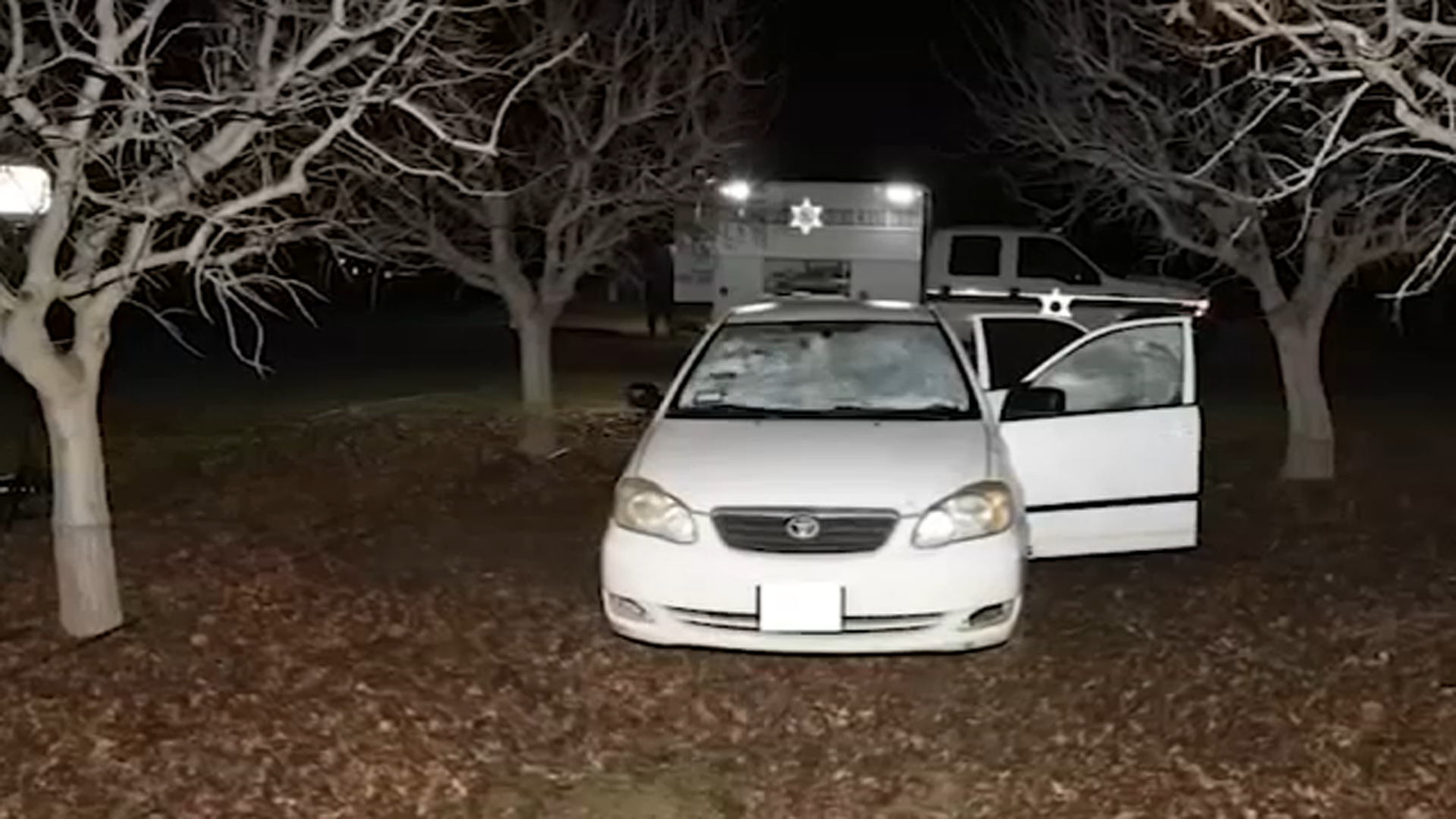2020 Census Report shows undercount of minority populations

FRESNO, Calif. (KFSN) -- The Census is geared towards counting everyone, now that early surveys are out, local non-profits are finding out people they serve were not accounted for.
"Fresno County happens to be one of the poorest in the state. It has severe consequences," says Margarita Rocha, Executive Director of Centro La Familia.
"There is a huge long-term impact that our community is going to experience because of an undercount," says Eric Payne, Executive Director of Central Valley Urban Institute.
Eric Payne and Margarita Rocha are reacting to a new report from the US Census that says certain populations were undercounted in the 2020 count.
"For our area, African American and Latino Hispanic immigrants are undercounted and when you break it down, young children from 0-5 years are severely impacted," Rocha explains.
Undercounting will impact government money given to counties and states.
It also means less money for programs that help out low-income families, including EBT benefits and affordable housing programs.
"It is estimated that annually per person, for the next 10 years that one count could generate $2,000. So over the 10 years, that is $20,000," says Rocha.
During the 2020 Census, Centro La Familia did outreach and had resource centers for people to fill out their census.
But Rocha says undocumented immigrants are often afraid to take part on fears they could be forced to leave the country.
"I think the pandemic really hit us hard. I think the administration we had really hurt us and the fact there was this citizen question hit us hard," explains Rocha.
Undercount rates in 2020 are between 3 and over 5.5% for minorities and already underserved populations.
Rocha says, "Impoverished communities, that is the reality. These are folks who struggle to make a living every day."
The goal, she says, is to work towards equity, trust, and justice.
"I've talked to some of my partners and yes, they are very demoralized, but it doesn't mean we are going to throw up our hands," says Rocha.
Other organizations, including Central Valley Urban Institute, agree.
Executive Director, Eric Payne, says "It's disheartening. I think it is a reflection of poor leadership, so looking at those failures and thinking of the future and how we can correct."
A solution, Payne says, would be additional funding for resources that help underserved communities.
"If the state would have made a larger effort to invest resources to community-based organizations here, to serve as the trusted messenger, we would have an accurate count of black and brown families here."
The complete report reviewing the 2020 Census is set to be released sometime in May.
The Post-Enumeration Survey will be released this month by the U.S Census Bureau.
The report will look at how the 2020 Census compares to the survey's own findings on population, ethnicity and age groups.
The next Census is in 2030.









